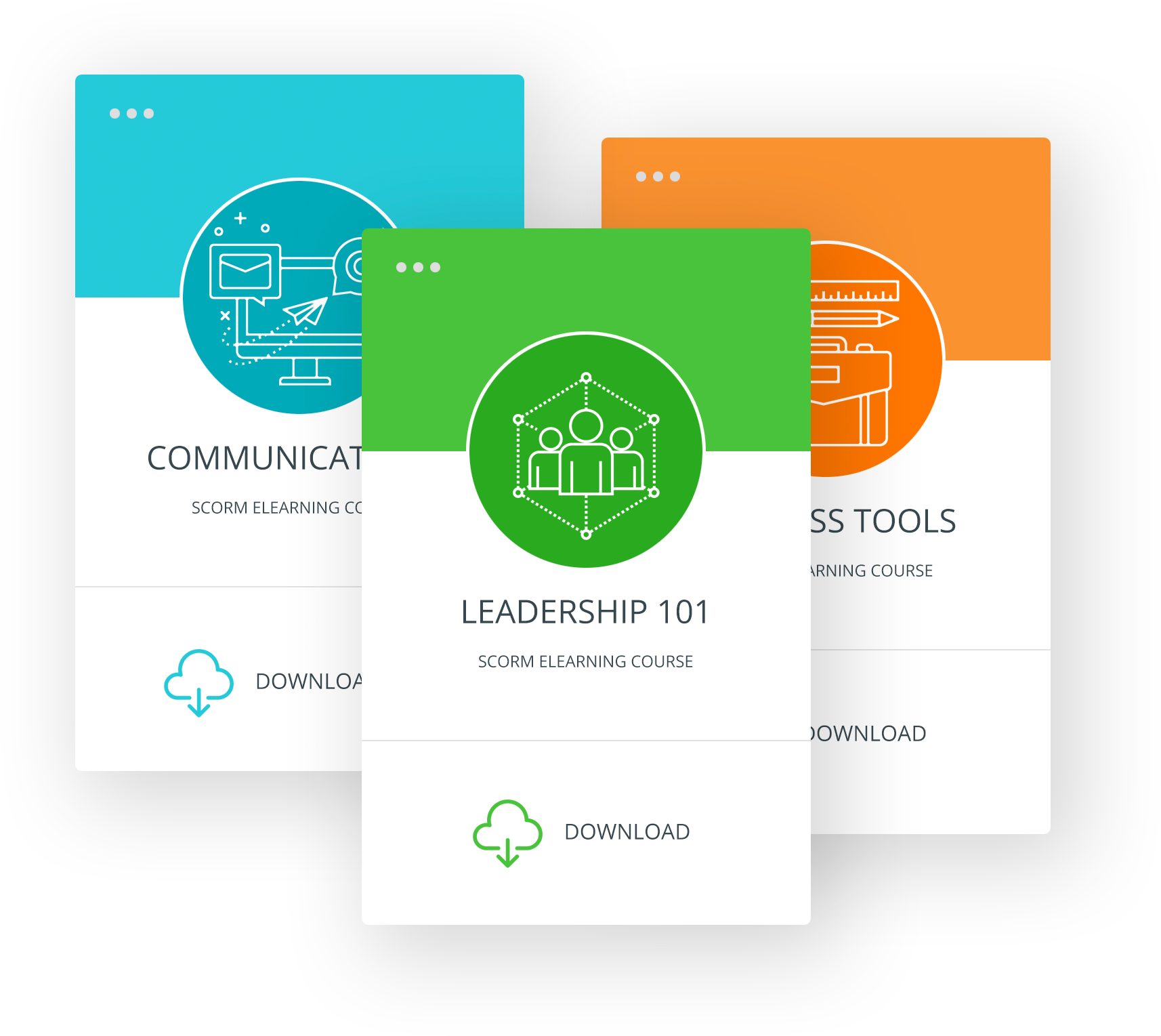Seven Types of Activities to Enhance Your Training
When conducting training, choosing the right activity is really important. Because you may run into groups who have tension about “games” at work, you may want to refer to games as activities. Often used to make dry topics engaging, they also have other purposes, which we’ll explore below.
One of the signs of a good trainer is being able to choose and modify a game to fit the situation. A good resource library of games is important so that you don’t find yourself re-using a few games over and over, especially if you are an in-house trainer developing workshops for the same people.
Lots of excellent books about these activities are available, as well as ideas on the internet. Check with your local library or bookstore, or do an online search for training games. You can also ask other trainers about games that have worked well for them.
Although “game” is kind of a broad term, below are some loose definitions that might help you select the right activity for the objectives that you have set. Some of these headings overlap, as you will see. The definitions are here to give us a better understanding of the range of activities that we may want to apply when we are injecting some fun into our training.
Game
A game is an exercise that normally has a set of rules and an element of competition. Games also normally include some element of reward or pay off. Although traditional games include competing against someone or another team, there are also many non-competitive games available. Games can include physical challenges, intellectual skills, or chance.
Icebreakers
Icebreakers are normally used as an exercise to introduce group members to one another, infuse some energy into the beginning of a workshop, and/or to lead into the topic material. They are also an effective way to reduce tension between participants or tension about a difficult topic.
Depending on the length of your workshop, an icebreaker for a day-long event might be five to 10 minutes. For longer training, where it is important that participants really get to know one another, an initial icebreaker might be a half hour to an hour and a half.
Energizer
An energizer is a brief pick-me-up designed to invigorate a group if energy in the room is waning, or to bring them back together following a break. Energizers may be a short version of any game or icebreaker, or a brief set of stretches. They are completed within approximately two to five minutes.
Simulations
A simulation is used to train future operators when the equipment that they will use is either very expensive or dangerous. Simulations are designed to be as realistic as possible so that participants can learn from the situation without worrying about damage or financial cost. Examples of simulations include flight simulators, driving simulators, or war games.
Brain Teasers
Not really a game and not exactly a simulation, brain teasers are puzzles to keep participants busy or to highlight key points. Brain teasers have the flexibility for a creative trainer to fashion their own rules to fit a particular session. They can include perception exercises, joining the dots, or drawing activities.
Role Plays
Role playing is a helpful way to gauge how participants are learning material or how they react to certain situations. They are a very useful way to practice new skills in a non-threatening environment, where a participant learns to apply behavioral or speaking techniques to a situation and gets feedback without making a mistake in front of their own customers or clients. Role plays can be helpful in teaching conflict management, counseling, sales, negotiating, and many other skills.
Case Studies
Case studies are stories normally extracted from a participant’s workplace or industry. It may also be a simulated scenario. They may be studied by individuals or groups and then analyzed to demonstrate particular training points or to stimulate discussion.
This is an excerpt from a Velsoft Train the Trainer course. For more information, click here.



